Students who struggle with reading require strategic and effective instruction that best serves their particular needs. Reading remediation is a great method to address the learning challenges that dyslexic students face. By utilizing remediation techniques, the instructor introduces multisensory, creative approaches to help dyslexic students fulfill their potential. However, before introducing these strategies to students, teachers should know what they entail and how to implement them efficiently. Read below to learn three vital things about reading remediation and how a structured literacy approach helps dyslexic students thrive.
1. Structured literacy is designed to help dyslexic students.
This type of reading remediation is intended to help students with learning differences such as dyslexia stay on track with their reading and writing skills. It is an intervention characterized by teaching and tutoring struggling readers in an individualized manner to care for the specific needs of every student. This type of reading remediation based on the science of reading presents information to children in digestible ways to complement a student’s current skill level and learning preference.
While many activities can form part of a teacher’s reading remediation strategy, they all have a purpose. Proven to be highly effective for dyslexic children, structured literacy can take the form of various techniques to help children learn best. Phonological awareness, phonics, vocabulary, spelling, and reading comprehension activities are just some of the focuses of effective reading remediation strategies. Although there is no single method to help every dyslexic student improve their reading abilities, reading remediation is useful for many children since it can be tailored to different reading levels. From focusing on multi-sensory activities and systematic, sequential techniques, teachers implement various methods to adequately and cognitively teach their struggling readers.
2. Reading remediation with structured literacy may target cognitive skills.
While most people don’t typically think of the mechanics behind reading mastery, cognitive skills make up a big part of appropriate reading remediation. Remedial approaches with structured literacy focus on different aspects of the activity, such as fluency, vocabulary, phonics, and phonemic awareness, which require the use of executive functioning skills. Cognitive function is vital to goal-oriented learning, and dyslexic children usually struggle to hone these essential executive functioning skills. This difficulty means that children with learning differences such as dyslexia require extra support from their teachers to develop executive functioning skills. For this reason, teachers may incorporate multisensory activities and other techniques to target students’ cognitive functions.
3. Teachers can receive training to facilitate appropriate reading remediation.
Teachers work hard to ensure that their students understand class material. However, many educators lack the knowledge to help students with dyslexia overcome their reading challenges. This lack of knowledge can be remedied by teacher training to address the needs of students with learning differences such as dyslexia. Teachers who receive teacher training to help struggling readers are equipped with the tools necessary for successful reading remediation in the classroom.
Additionally, teachers can receive help from dyslexia specialists who provide their expertise in creating effective remediation strategies for struggling students. They guide teachers in methods to use in the classroom, provide expertise when addressing challenges of struggling readers, and are knowledgeable in the areas of structured literacy including the Orton-Gillingham Approach. The Orton-Gillingham Approach is a teaching approach that can help students with dyslexia address their encoding and decoding challenges, and can help dyslexia specialists and teachers improve reading remediation strategies.
ReadSource provides educators and parents with tools and knowledge to best serve the needs of dyslexic students. Our training programs and online resources aim to help more people understand dyslexia and encourage them to spread awareness on how to aid students with this learning difference. Learn more about ReadSource and its mission by contacting us today!








Leave a Reply